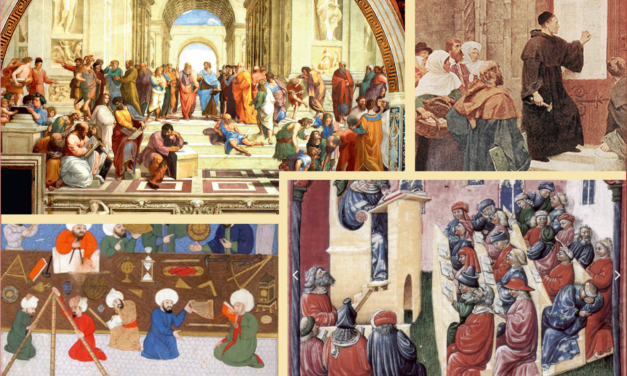The Roots of Modern Science
The roots of modern science reach backwards in time to before the great age of Greek and Hellenistic learning, and spread across Europe, Islamic empires, India and China. This article will review how the ideas of the Medieval and Renaissance periods nourished those roots.
Read More




